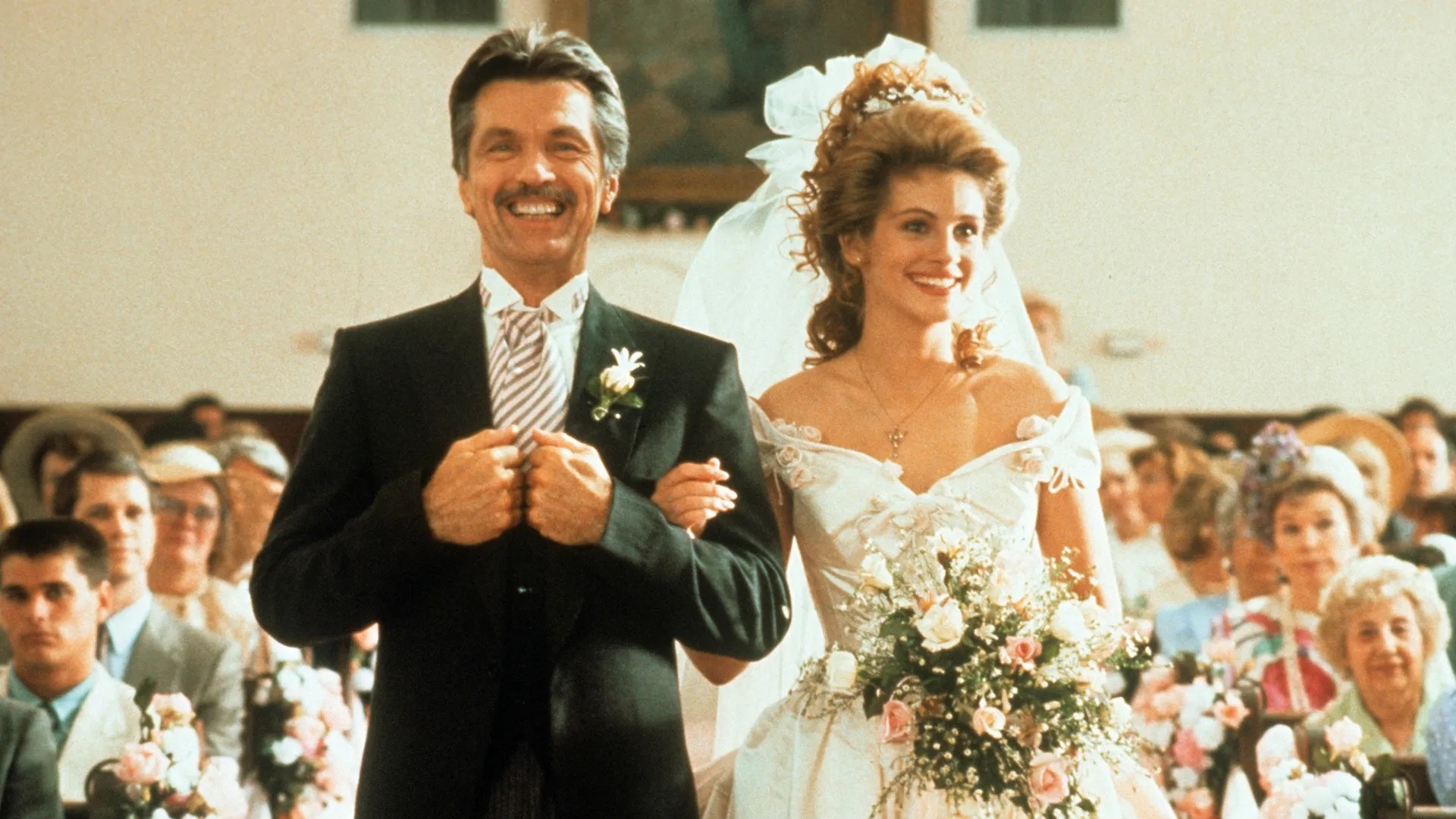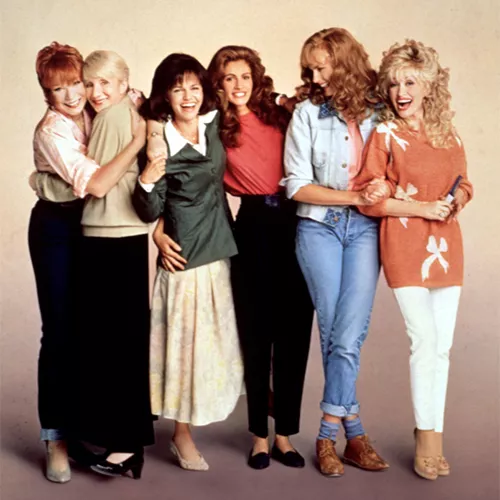
In the decades since its debut at New York’s WPA Theatre, the script has spawned countless stage renditions across the country and abroad, including a 2005 Broadway run starring Delta Burke and Rebecca Gayheart, and TV adaptations like the 2012 Lifetime movie starring Queen Latifah and Alfre Woodard. Its playwright, Robert Harling, a Tulane University Law School grad who shunned his degree in favor of relocating to New York City to become an actor, never imagined it would see the light of day. “I thought somebody would find it in a drawer when they were throwing out my stuff after I was dead,” he says. “I had no illusions or delusions of grandeur.”
Harling grew up in Natchitoches, Louisiana, the oldest settlement from the Louisiana Purchase, with two younger siblings. He wrote the play after his sister, Susan, died from complications of type 1 diabetes. He’d been in New York for eight years at that point, a period during which Susan had married and decided to start a family, despite doctors’ concerns that doing so could seriously jeopardize her health. Shortly after giving birth to a baby boy in 1983, Susan’s circulatory system and kidneys began to fail. A kidney transplant from her mother, and dialysis, did little to help. She died during minor surgery in 1985, at the age of 33. Afraid his two-year-old nephew would never know who his mother was, Harling started writing. “All I wanted to do was have somebody remember her,” he says.
“I always thought the women in my community were so witty and clever,” he says. “In a lot of ways, they talked in bumper stickers.”
He started the tale as a short story—”that lasted about half a morning”—before switching to dialogue, a format he felt more comfortable with as an actor. Later, when he told a friend who worked as a receptionist at a talent agency what he’d been up to, she passed it on to an agent.
The play wasn’t originally intended as a comedy. As Harling’s friend Margo Martindale, of Million Dollar Baby and August: Osage County fame, whom he wrote the role of Truvy for, recently reminded him, before opening night, they envisioned the story as a tragedy. “It wasn’t until audiences came in and started responding to the way the women talked and how wonderful the actresses were that we realized, I guess this is funny—until it’s not,” Harling recalls.
Unlike the film, the play features an all-female cast, portraying characters Harling modeled after his mom’s friends as he remembered them from his childhood. “I always thought the women in my community were so witty and clever,” he says. “It was like a witty one-upmanship [between them]. In a lot of ways, they talked in bumper stickers.” He worried that the real-life Ouiser, a character defined by her cranky and brutally honest nature, would recognize herself and take offense, but as women from his hometown began to see the play, “They all said they were Ouiser.” During casting for the film, when director Herbert Ross offered Shirley MacLaine first choice of any part except M’Lynn or Shelby, she immediately wanted “the bitchy one.”
“People would like to feel they were the person who always had the snappy comeback and would always speak the truth,” says Harling. “I think honesty is becoming a much more admired quality as the years go by.”
The metaphor of “steel magnolia” isn’t expounded upon in the play or film, though Harling says the juxtaposition of strength and fragility is apt for Southern women. “My mother would always say to handle magnolia blossoms carefully because they bruise so easily. You think of this flower that is so delicate and has to be handled with care, but is made of much stronger stuff.”
Despite his talent for capturing the essence of ladies below the Mason-Dixon line, Harling says he’s no authority. “I don’t think anybody can be. That’s part of their mystique and their allure, the fact that [Southern women] are completely unpredictable and undefinable.”

These days, Harling splits his time between Manhattan and Natchitoches, where he bought and renovated a circa-1830 Creole cottage, a house he’d wanted since he was a kid and finally got five years after writing the play. In many ways, Harling has done for his hometown what Chip and Joanna Gaines have done for Waco, Texas. Once Steel Magnolias the film began shooting on location in Natchitoches in 1988, tourism grew exponentially. People wanted to see the houses where movie stars like Julia Roberts, Sally Field, Daryl Hannah, and Dolly Parton had stayed during their time there. To this day, Steel Magnolias-themed B&Bs and tours are still going strong. “My sister would love the idea that people are coming to her beloved hometown because of her story,” says Harling.
